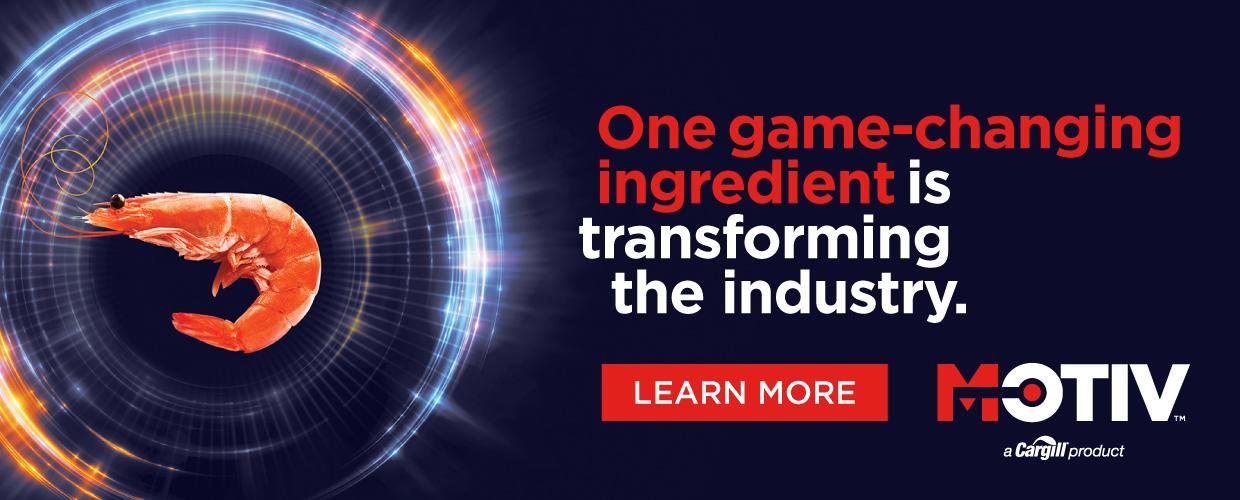Atlantic salmon net pens in the Pacific Northwest are a major threat to the native wild salmon that are a vital food source for both the Northern and Southern Resident orca populations. These net pens can spread lethal parasites and viruses to wild salmon, are a significant source of pollution, and the nets themselves can entangle and kill other marine mammals, including seals, sea lions, whales, and dolphins.
By editorial us.whales.org
In a new agreement between the government of British Columbia and First Nations, seventeen of these net pens could be phased out by 2023 – a significant step forward for First Nations and others who have long opposed the presence of net pens in wild salmon habitat. Ten of the pens will be phased out between 2019 and 2023, with the additional seven operating under agreements that expire in 2023. Those seven could continue operating if new agreements are created with the First Nations now overseeing monitoring and inspection of the Atlantic salmon farms and the phase-out process. The future of those pens, and any additional salmon aquaculture in the area, will now be decided by both the B.C. provincial government and three First Nations.
The new arrangement also establishes a “farm-free migration corridor” for wild salmon migrating through the Broughton Archipelago, a key route for wild salmon off northeastern Vancouver Island.
The agreement developed after decades of opposition from First Nations to the salmon farms that were placed in their traditional territories without their permission, causing harm to the wild salmon that many First Nations traditionally depend on. Protestors occupied some farms in the Broughton Archipelago for over 100 days last year, and two First Nations have initiated legal action against the government for their failure to protect wild salmon.
This announcement to protect native wild salmon follows a recent report from the Government of Canada that found that half of Canada’s Chinook salmon runs are endangered, and most others are in dire condition.
The Northern and Southern Resident orca communities, both Chinook specialists, live off the west coast of Canada and the U.S. and rely on these threatened salmon populations. Efforts to protect and rebuild wild salmon are crucial to the continued survival of both orca populations.
As a member of the Our Sound, Our Salmon coalition, WDC helped efforts in Washington State early in 2018 to phase out Atlantic salmon net pens in Washington’s Puget Sound and added our support to the ongoing effort in B.C. We’re encouraged by this announcement from Canada and will continue our work to restore abundant wild salmon for Resident orcas.
Source: https://us.whales.org/news/2018/12/canada-takes-steps-to-phase-out-atlantic-salmon-fish-farms










